The air conditioning system in a car is often a go-to solution to stay cool during hot weather. However, many drivers wonder if using the air conditioner (AC) in their vehicles actually leads to additional fuel consumption.
It’s been said running the AC in your car use additional fuel efficiency. some studies suggest that fuel consumption can increase by up to 10-20% when the AC is on, depending on factors such as driving conditions, outside temperature, and vehicle type.
This question is particularly relevant to those concerned with fuel efficiency and fuel economy. Let’s dive deep into how car AC usage impacts gas mileage and fuel consumption, and how you can improve fuel efficiency without sacrificing comfort.
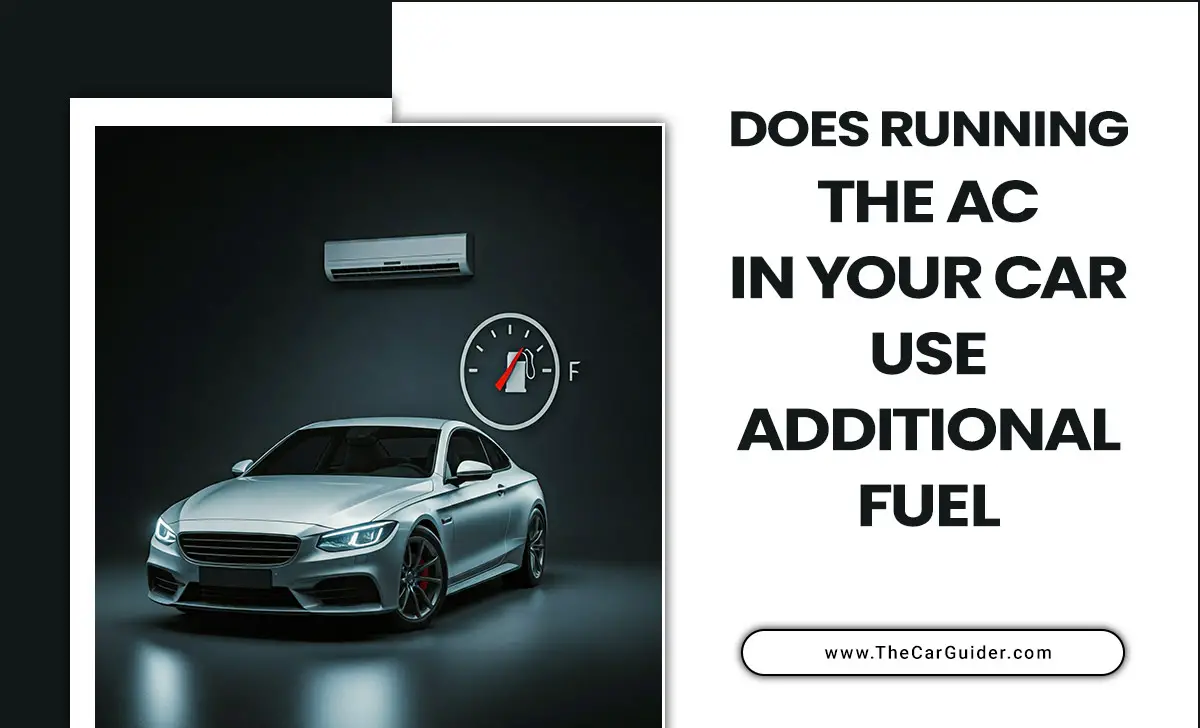
Key Takeaways:
- Running the car AC increases fuel consumption, by up to 20%, as it adds workload to the engine.
- At high speeds, AC is more fuel-efficient than open windows due to reduced drag.
- Electric cars’ AC drains battery, affecting range.
- Optimize fuel efficiency by minimizing AC use at low speeds and regular maintenance.
How Car Air Conditioning Works
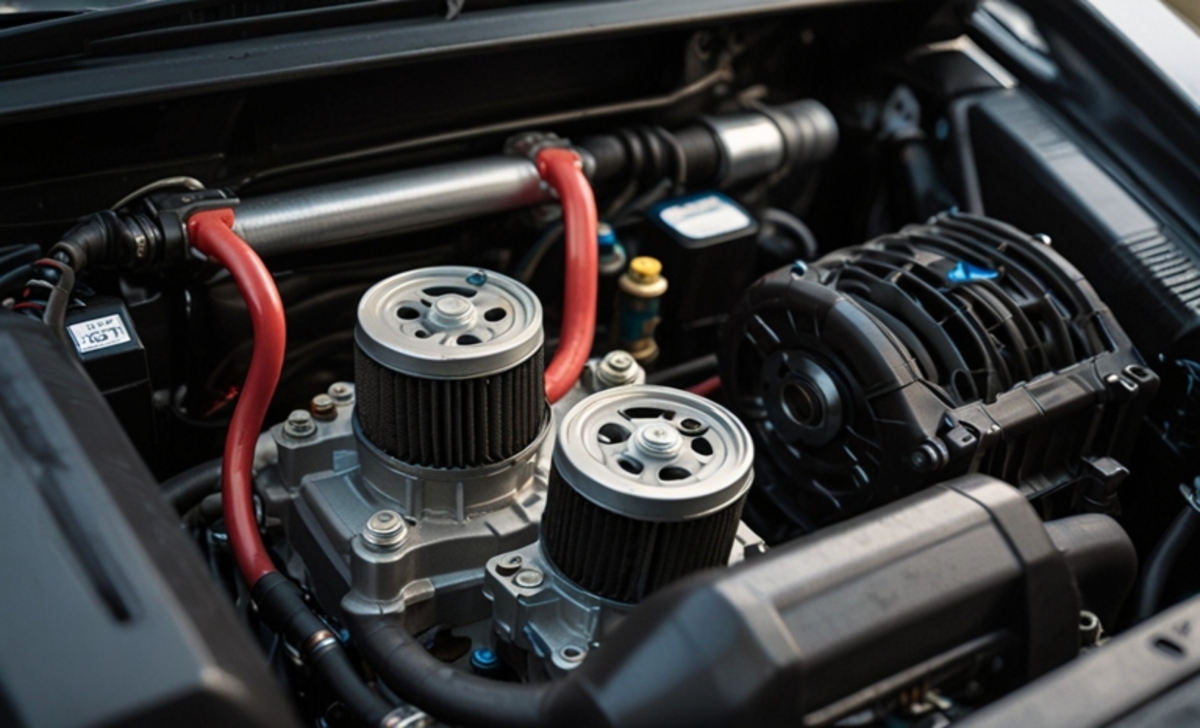
A car’s air conditioning system relies on an AC compressor, which is driven by the vehicle’s engine. When you turn on the air conditioner, the compressor engages, and a refrigerant circulates through the system. This process converts warm air into cool air and expels hot air from the vehicle.
However, powering the AC compressor requires additional engine power, which in turn demands extra fuel. The need for this energy directly affects fuel usage.
Does Running The AC In Your Car Use Additional Fuel?
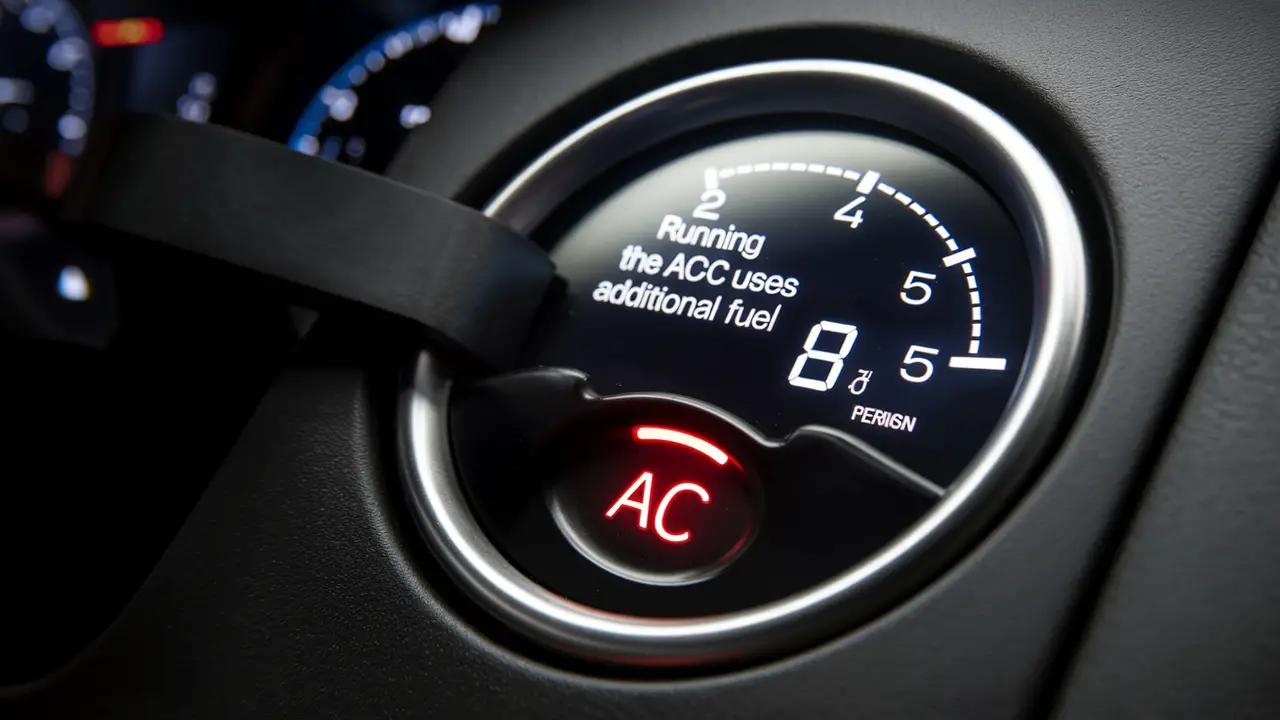
Yes, running the car air conditioner does increase fuel consumption. Automotive engineers agree that any time the AC compressor is active, the engine must work harder to power it, causing extra gas usage.
Studies show that car AC systems can lower a vehicle’s fuel efficiency by up to 20%, depending on conditions like speed, outdoor temperature, and how high the AC is set.
How Speed Impacts Fuel Usage With AC
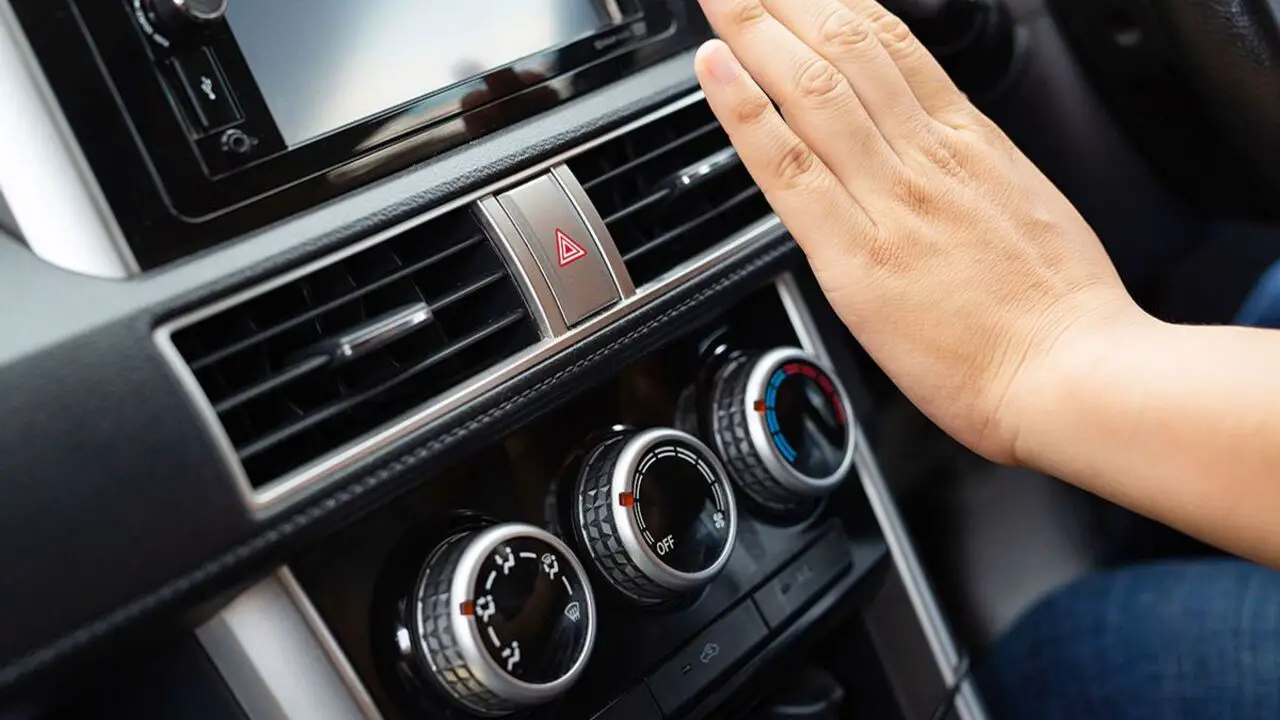
When driving at higher speeds, such as on a highway, running the air conditioner is often more efficient than opening windows. At high speeds, open windows increase aerodynamic drag and air resistance, which forces the engine to consume more fuel to maintain speed.
Using the AC system at lower speeds or in stop-and-go traffic, however, leads to higher fuel consumption because the engine has to work harder to power both the vehicle and the AC compressor. For best fuel economy, try to minimize AC usage at low speeds and consider using it more at high speeds when open windows would create significant drag.
Heat and AC: Do Electric Cars Use Fuel For AC?
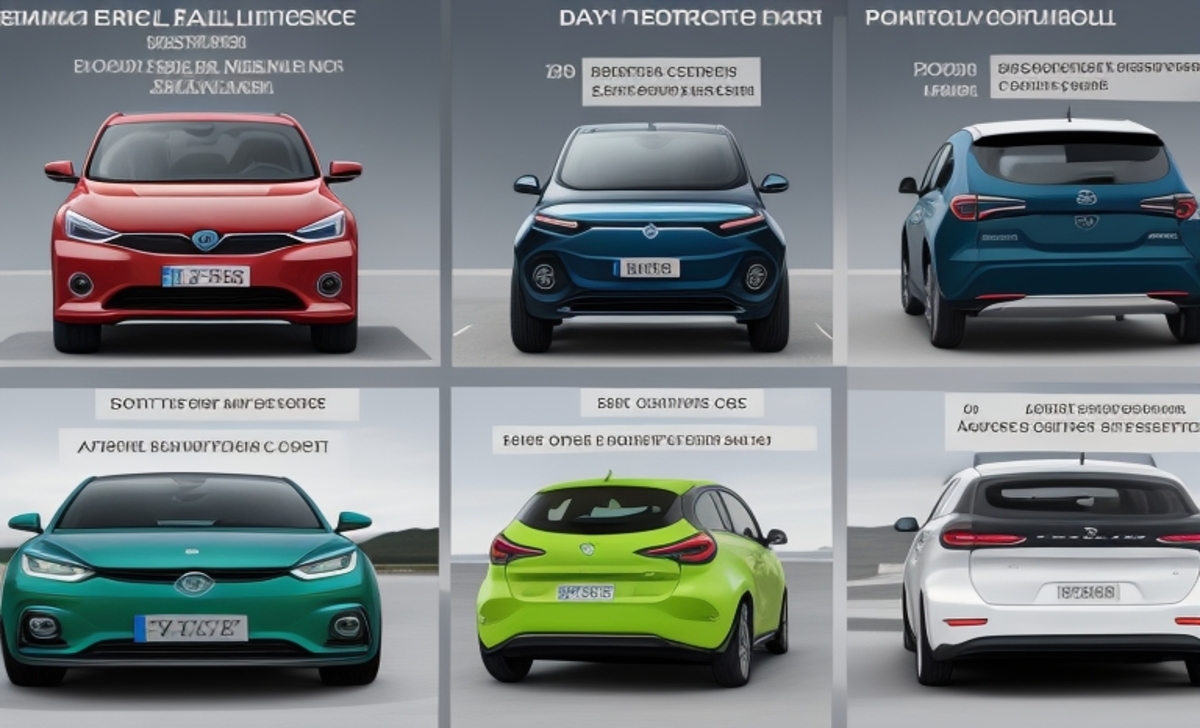
In electric cars, the AC system still requires energy, but instead of fuel, it draws power from the vehicle’s battery. The AC usage in electric cars impacts battery life and range rather than fuel consumption, as electric cars don’t rely on gasoline. However, frequent use of air conditioning can drain the battery quickly, which still affects the overall efficiency and range of an electric vehicle.
Does AC Use More Fuel Than The Heater?
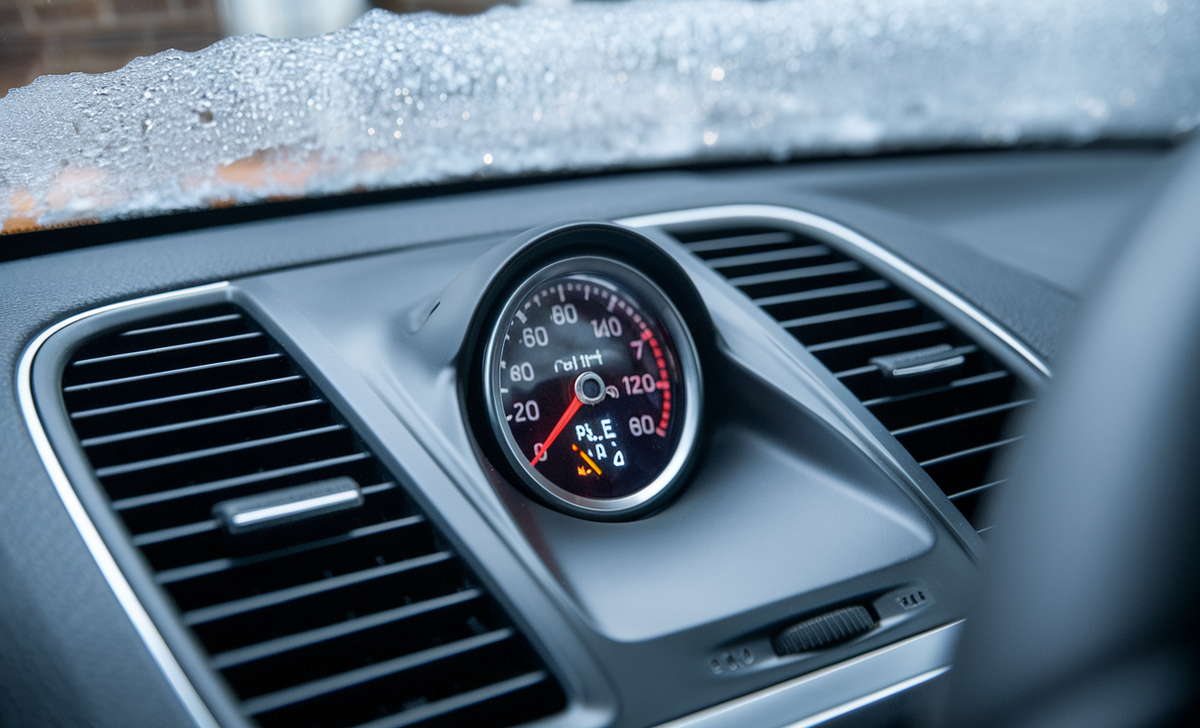
Yes, car air conditioning generally uses more fuel than the heater. This is because the heater works by directing warm air from the engine into the cabin, which doesn’t require extra power from the compressor. However, if the heater is combined with defrosting, it can lead to slightly higher fuel usage, though still lower than that of the AC system.
Tips To Minimize Fuel Consumption With Car AC
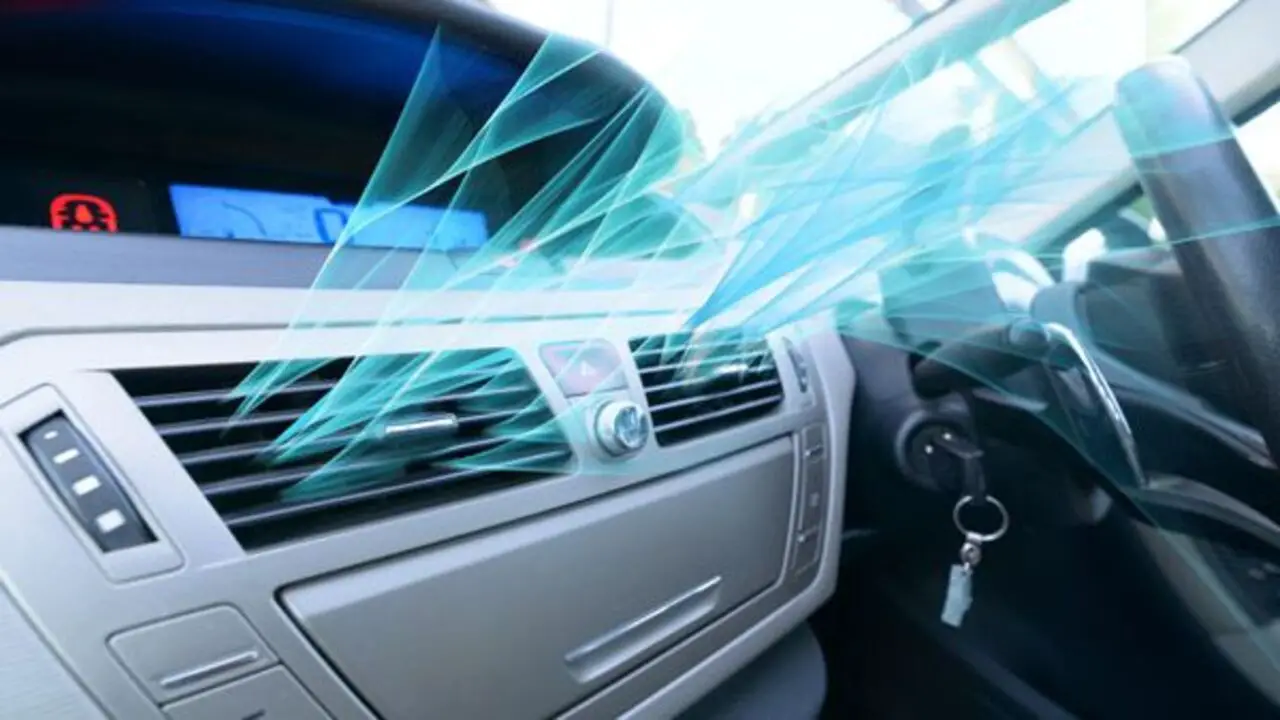
- Use Recirculation Mode: Set your air conditioning to recirculate cool air. This reduces the workload on the AC compressor, as it doesn’t need to continuously cool down hot air from outside.
- Opt for Low Fan Settings: High fan speeds force the AC compressor to work harder, which leads to increased fuel consumption. Low fan settings provide a comfortable environment while preserving fuel.
- Park in the Shade: Avoid parking in direct sunlight. If your car is cooler when you start, the AC system will not have to work as hard to cool the interior.
- Pre-Cool Before Driving: Let the vehicle cool down with open windows before you start driving with the AC on, which can reduce initial fuel usage.
Common Misconceptions About AC and Fuel Consumption
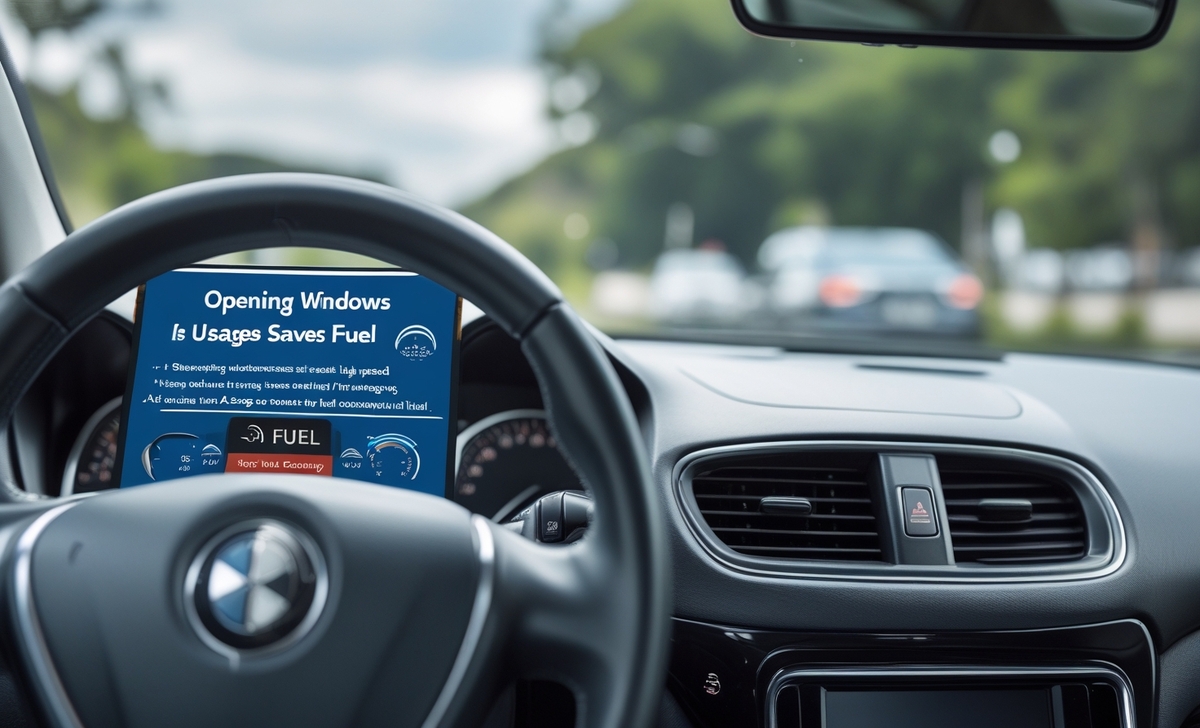
- Opening Windows is Always Better: While opening windows does not use additional fuel, it increases air resistance at high speeds, which can lead to more fuel usage than using the AC. Balancing AC usage and window use depending on speed can help optimize fuel economy.
- AC Usage in Short Bursts Saves Fuel: Starting and stopping the AC frequently can cause inconsistent cooling and force the compressor to work harder in short intervals, resulting in little fuel savings.
Conclusion
Running the AC in your car does use additional fuel because the AC compressor requires engine power. This increased fuel consumption varies with driving speed and settings on the AC system.
At higher speeds, using the air conditioner might actually be more fuel-efficient than rolling down the windows, as open windows create air resistance. Conversely, at lower speeds, minimizing AC usage can enhance fuel efficiency. By understanding how your car’s air conditioning system affects fuel usage, you can make choices that align with both comfort and fuel economy.
FAQs
1. Does Turning Off the AC Improve Fuel Efficiency?
Yes, turning off the air conditioning system improves a car’s fuel efficiency by reducing engine workload. At idle speed or lower speeds, the air con impacts petrol usage more significantly. Modern vehicles optimize AC use, but turning it off still conserves fuel.
2. Is It Better to Use AC or Open Windows to Save Fuel?
At higher speeds, using air conditioning is better for fuel efficiency due to reduced aerodynamic drag. However, at lower speeds, opening windows is often more petrol-efficient, as the car’s air conditioning system requires less energy from the engine.
3. How Much Fuel Does the AC System Consume?
The fuel consumption of a car’s air conditioning system can reduce vehicles’ fuel efficiency by up to 20%, depending on factors like driving speed and AC settings. Modern cars are designed to optimize air con usage, but drivers should use it judiciously, especially at low engine speeds.
4. Do Electric Cars Use Additional Fuel When Running the AC?
Electric cars don’t consume petrol, but running the air conditioning system uses battery power, reducing range. Modern vehicles aim to balance efficiency and comfort while ensuring drivers can still conserve energy effectively.
5. Can Regular Car Service Help Reduce Fuel Consumption When Using AC?
Yes, servicing a modern car ensures the air con is functioning efficiently. Regular maintenance optimizes the system, improving vehicles’ fuel efficiency and reducing the impact of air conditioning use on petrol consumption.
6.Does Running Your AC Make You Use More Gas?
Yes, running the air conditioning system in a car increases fuel consumption because the compressor relies on engine power. At lower or idle speeds, the impact on petrol usage is higher, reducing vehicle fuel efficiency.
7.Does Running The AC Use More Gas In Mythbusters?
According to “Mythbusters,” at higher speeds, using air conditioning may be more efficient than opening windows due to reduced aerodynamic drag. However, at low speeds, open windows consume less fuel than AC use, making it more fuel-efficient for drivers in certain conditions.
8.Does Auto Climate Control Use More Fuel?
In modern vehicles, auto climate control optimizes air conditioning use, but it still consumes more petrol than turning the system off entirely. At low engine speeds, auto settings may lead to slightly higher fuel consumption as the system adjusts for comfort and efficiency.